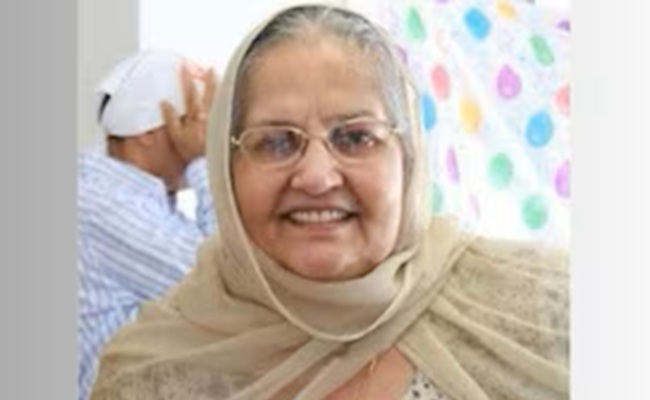
CHENNAI: VK Sasikala will go to jail for four years, the Supreme Court said today, holding the AIADMK chief guilty of corruption. Ms Sasikala will have to surrender immediately. This puts an end to her bid to be Tamil Nadu's next chief minister - she cannot hold public office or contest elections for 10 years, the period of her jail term plus six years after that.
Ms Sasikala was charged with helping former Tamil Nadu Chief Minister J Jayalalithaa amass illicit wealth worth over 60 crores in the 1990s.
Supreme Court judges, Justices Pinaki Chandra Ghosh and Amitava Roy, gave a concurrent judgment today overturning a High Court order that had acquitted Ms Sasikala.
1. V K Sasikala's political aspirations came to an abrupt end today, with the Supreme Court upholding a special trial court's conviction against her in a disproportionate assets case.
2. Quashing the Karnataka high court's acquittal, the bench of Justices Pinaki C Ghose and Amitava Roy restored the conviction against former Tamil Nadu J Jayalalithaa, Sasikala Natarajan, Ilavarasi and VN Sudhakaran for criminal abetment in amassing properties worth more than Rs 66.65 crores.
3. The apex court directed Sasikala to be taken into custody for serving the remainder of her four year jail sentence.
4. In a nearly thousand page judgment, the Supreme Court restored the Bangalore trial court's verdict in entirety for Jayalalithaa, Sasikala and two others.
5. However, the case against Jayalalithaa stands abated with her demise in December 2016. Sasikala and the others will also have to pay a fine of Rs 10 crore each.
6. The reinstated verdict automatically disqualifies Sasikala from the running for the chief minister's post.
7. Sasikala now stands disqualified from contesting polls for 10 years, minus prison term already served.
8. With Sasikala being sent to jail in the 21-year old disproportionate assets case, the path for O Paneerselvam to become chief minister is clear.
9. Justice Pinaki C Ghose authored the main judgment, which runs into around thousand pages. The judge himself described it as a "fatty judgment".
10. Justice Amitava Roy wrote a separate 'thin' concurring judgment.












